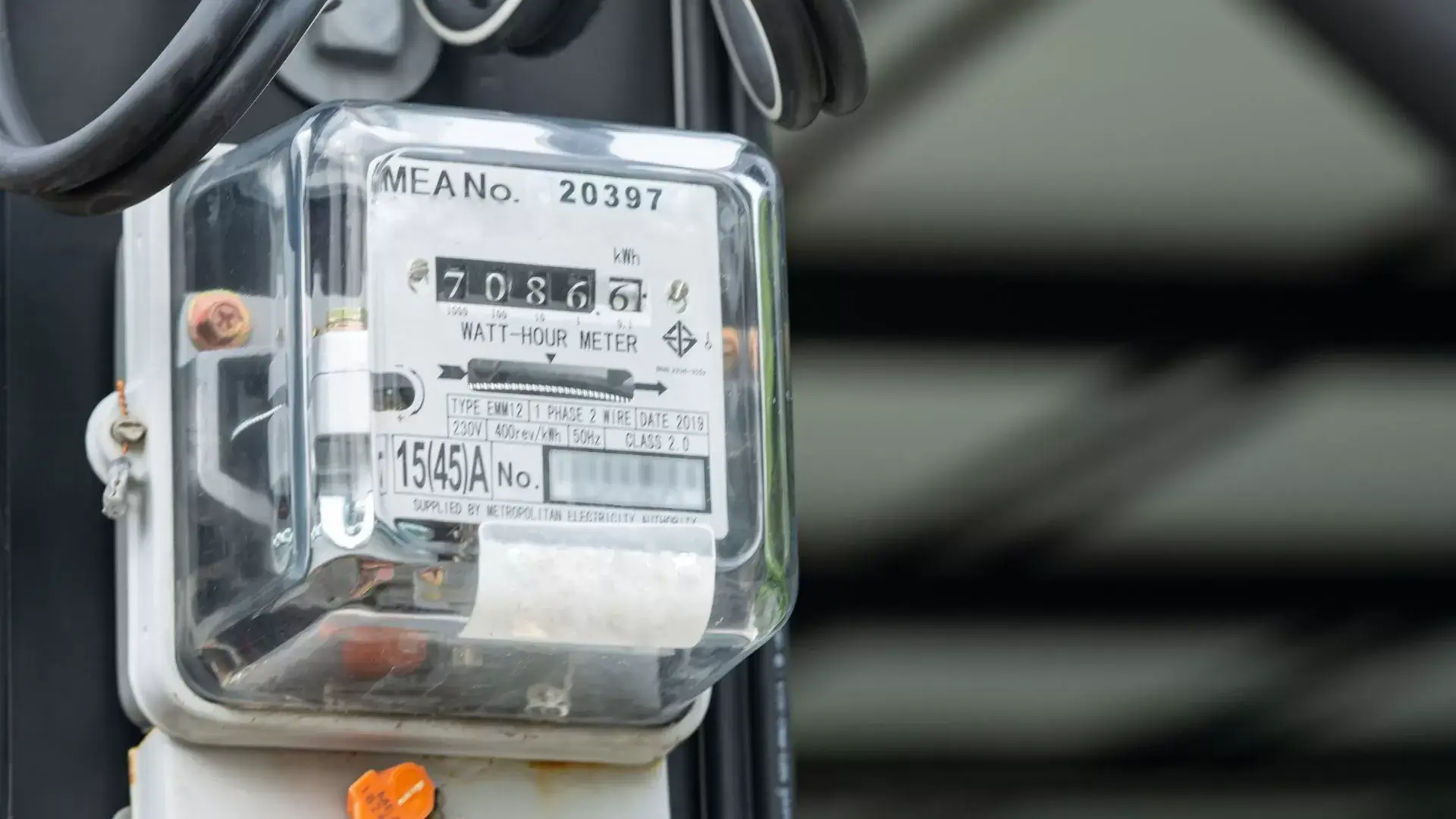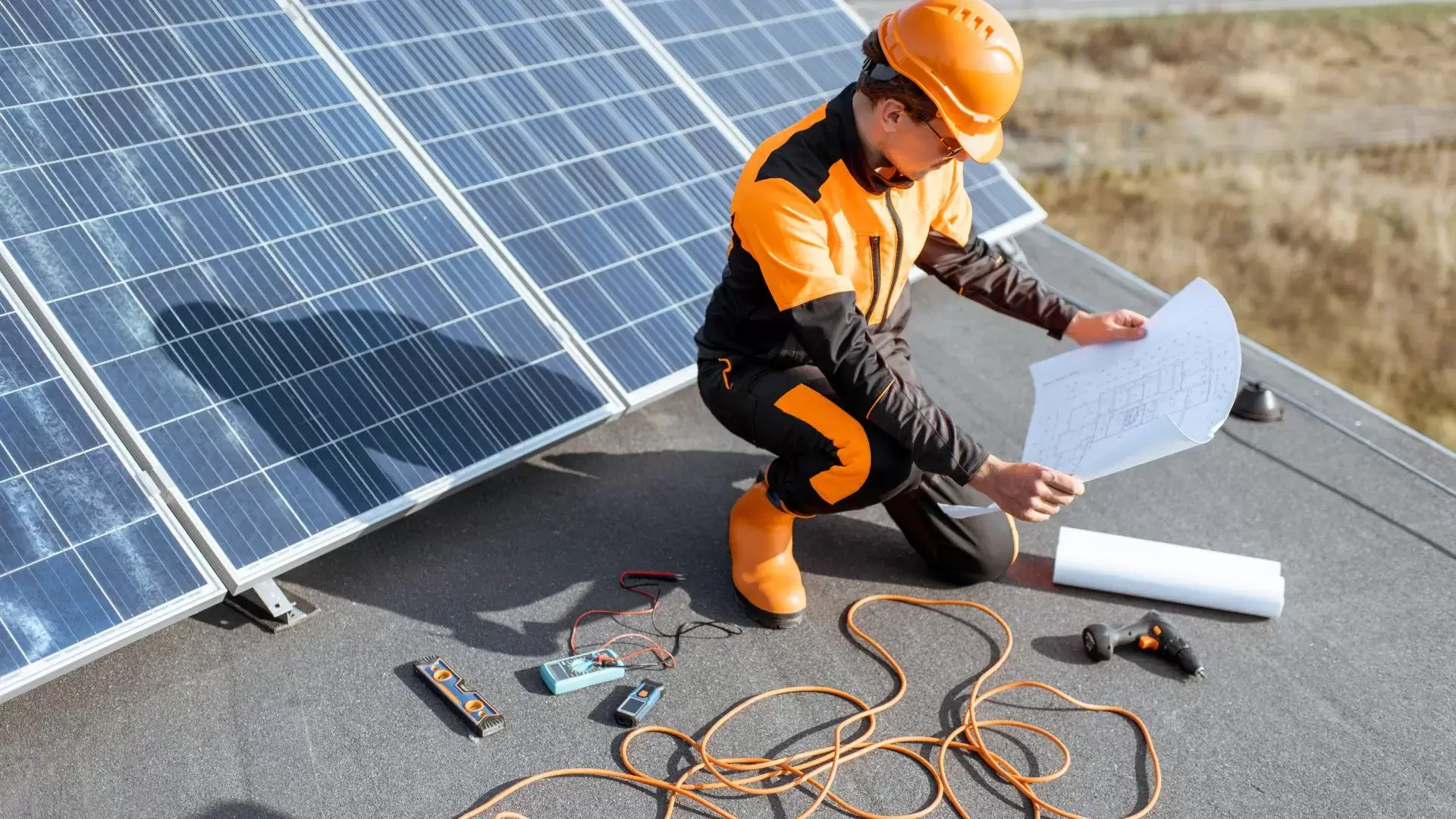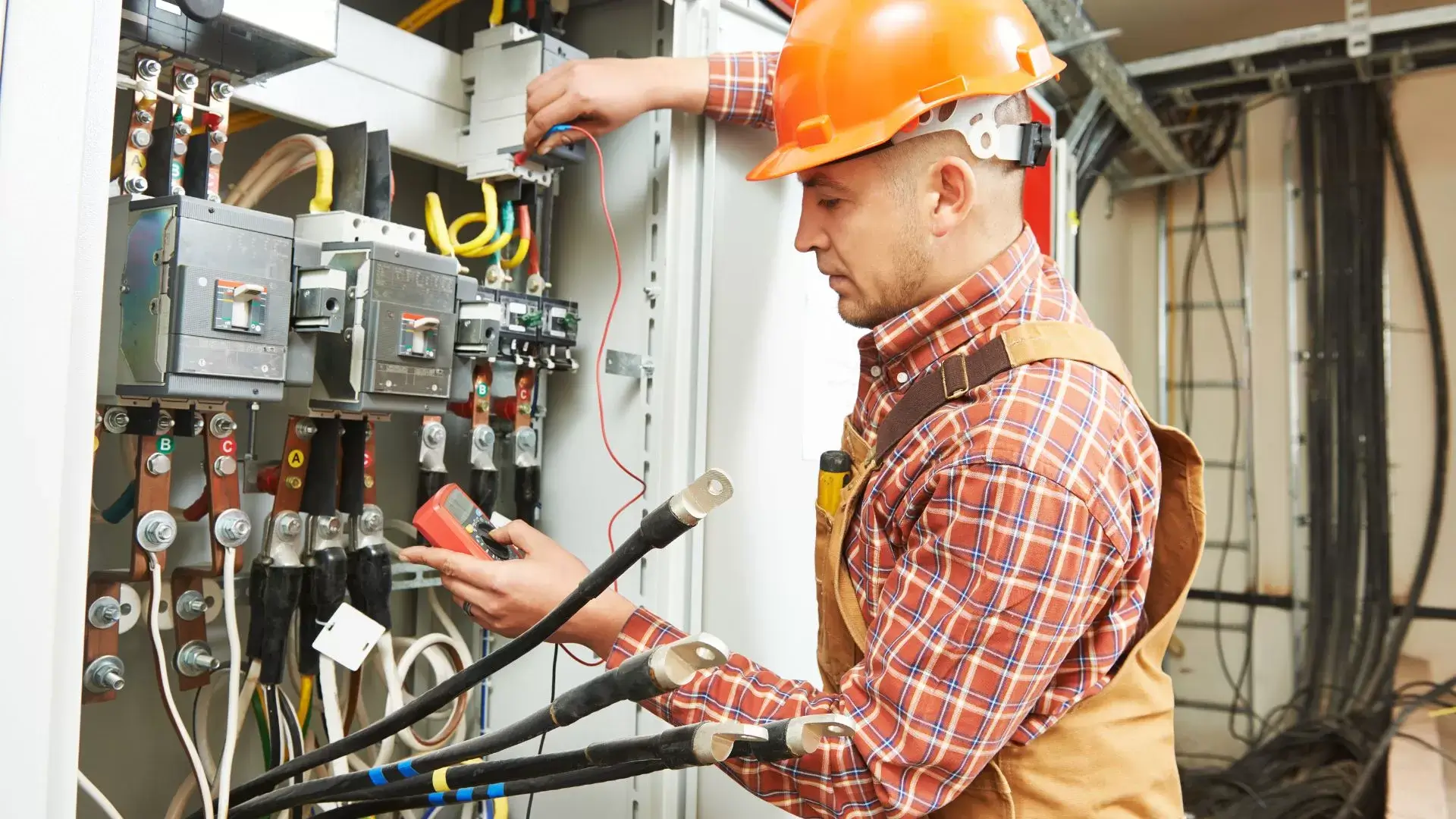Tips for Efficient Energy Usage in Toronto and Mississauga Homes
In the vibrant cities of Toronto and Mississauga, homeowners face the dual challenge of managing their energy consumption efficiently while also adhering to local electrical codes and safety guidelines. The cost of electricity can be substantial, and with a growing emphasis on sustainability, it’s essential for residents to find ways to reduce their electricity bills while maintaining a safe and compliant electrical system. In this comprehensive guide, we will explore a variety of strategies to help homeowners save energy and lower their electricity costs, all while prioritizing safety and adherence to local codes.

The Role of iCAN Electricians Mississauga: Safety First
Before we delve into energy-saving tips, it’s essential to understand the role of professionals like iCAN Electricians Mississauga. These licensed electricians are not just experts in electrical safety but also have a deep understanding of local electrical codes.
When dealing with electrical systems, safety and compliance are non-negotiable. Hiring professionals ensures that any modifications or improvements to your electrical system will meet or exceed the necessary safety standards.

Conduct a Comprehensive Home Energy Audit
Start your energy-saving journey by conducting a thorough home energy audit. This audit helps you identify areas of your home that may be consuming more energy than necessary.
You can perform a basic audit yourself or hire a professional to conduct a more in-depth assessment. An audit can reveal problems such as poor insulation, air leaks, or inefficient appliances.
Upgrade to Energy-Efficient Lighting
Lighting can account for a significant portion of your energy consumption. Consider switching to energy-efficient LED or CFL bulbs. They consume less electricity, last longer, and produce less heat. Be sure to follow local electrical codes when installing or replacing fixtures and bulbs.
Unplug Devices and Appliances When Not in Use
Many devices and appliances continue to draw power even when they are turned off. This is often referred to as “phantom” or “vampire” power consumption. Unplug devices and appliances that are not in use or use power strips to easily disconnect multiple items with a single switch.
Optimize Heating and Cooling Systems
Heating and cooling are major energy consumers. Set your thermostat to an energy-efficient temperature. In the winter, lower your thermostat a few degrees and wear warmer clothing. In the summer, raise the thermostat and use fans to circulate air. Proper insulation and sealing any drafts in your home will also significantly reduce the workload on your HVAC system.
Maintain Your Appliances
Regular maintenance of appliances like refrigerators, ovens, and HVAC systems can improve their efficiency and extend their lifespan. Make sure they are clean, their filters are replaced when necessary, and they are serviced regularly by professionals. These actions will ensure your appliances operate in accordance with local electrical codes and safety guidelines.
Invest in Energy-Efficient Appliances
When it’s time to replace an appliance, opt for energy-efficient models with high ENERGY STAR ratings. These appliances are designed to reduce energy consumption without compromising functionality. They can be a wise long-term investment that adheres to local codes and regulations.
Harness the Power of Smart Technology
Modern technology has brought us smart thermostats, lighting systems, and appliances that can be controlled remotely. Utilize these devices to optimize energy usage by adjusting settings according to your schedule and needs. Ensure that the installation and use of these technologies align with local electrical codes and safety standards.
Improve Home Insulation
In Toronto and Mississauga, where temperatures can vary significantly throughout the year, proper insulation is critical. Ensure your home is well insulated to prevent heat loss in the winter and keep your home cool in the summer. Proper insulation will reduce the strain on your HVAC system, saving energy and money.
Opt for Energy-Efficient Windows and Doors
Windows and doors are common culprits for energy loss. Replace older, drafty windows and doors with energy-efficient ones that meet or exceed local codes for insulation and safety. These upgrades will not only save energy but also enhance the comfort and security of your home.
Limit Water Heater Usage
Your water heater is another significant energy consumer. Adjust the temperature to a setting that is both safe and efficient. Consider insulating your water heater to maintain heat, and fix any leaks or drips to avoid wasting hot water. These actions will ensure your water heater complies with local electrical codes and safety regulations.
Use Energy-Efficient Appliances Strategically
Some appliances, like washing machines and dishwashers, can be used more efficiently by running them during off-peak hours. This is not only cost-effective but also contributes to the stability of the electrical grid. Ensure that the installation of these appliances adheres to local codes and safety standards.
Solar Energy: A Sustainable Option
Consider investing in solar panels if you have the means. Solar energy can significantly reduce your reliance on the grid and lower your electricity bills. Ensure that the installation of solar panels complies with local electrical codes and safety guidelines.

Implement Power Strips and Timers
Power strips and timers can be useful tools to control when devices and appliances are in use. You can set timers for lights, entertainment systems, and other items to ensure they are only active when needed.
Educate Your Household
Educating your family members about the importance of energy efficiency is crucial. Teach them to turn off lights when leaving a room, unplug chargers, and be mindful of the energy consumption of appliances. Safety awareness and adherence to local electrical codes should be part of this education.
Participate in Energy Efficiency Programs
Check if your local utility company offers energy efficiency programs or rebates. These programs may provide incentives for making energy-efficient upgrades to your home, making compliance with local electrical codes and safety guidelines more affordable.
Regularly Check for Electrical Issues
Safety should always be a priority. Periodically inspect your electrical system for issues such as frayed wires, loose connections, or flickering lights. If you notice any problems, consult professionals like iCAN Electricians Mississauga to address them promptly while ensuring compliance with local codes.
Schedule Regular Electrical Inspections
For peace of mind, schedule regular electrical inspections conducted by licensed electricians. These inspections will verify that your electrical system is in compliance with local codes and regulations and is operating safely.
Consider Energy-Efficient Landscaping
The outdoor landscape can also play a role in energy efficiency. Planting trees strategically to provide shade and using reflective materials for outdoor surfaces can help regulate your home’s temperature, reducing the load on your cooling system.
Stay Informed About Local Codes and Regulations
Local electrical codes and regulations can change over time. Stay informed about updates and revisions to ensure that your home’s electrical system remains compliant. Reputable professionals like iCAN Electricians Mississauga will be well-versed in the latest codes and will keep your home up to standard.


